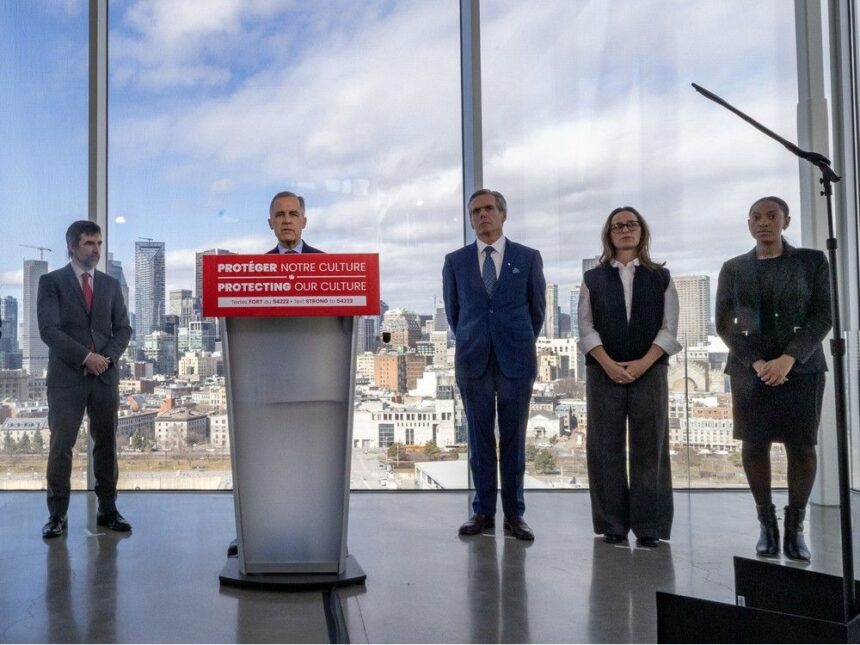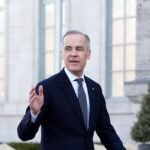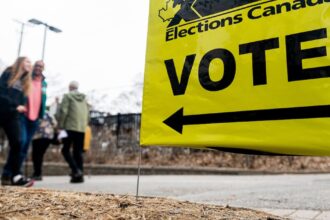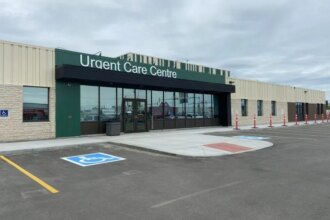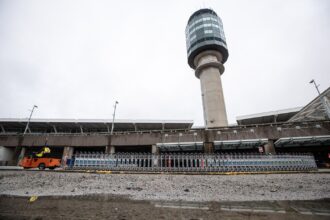In a political season marked by unexpected shifts, the Liberal Party’s surprising electoral performance across Quebec’s historically resistant ridings has left both strategists and opponents scrambling to understand the new political landscape. What many predicted would be a devastating retreat for the Liberals in Quebec instead materialized as a series of strategic victories that have fundamentally reshaped federal political calculations in the province.
“We entered these districts with realistic expectations, given the historical headwinds,” confides Marie Leblanc, a senior Liberal campaign strategist who spoke with me from their Montreal headquarters. “The results defied even our most optimistic internal polling. We’ve clearly tapped into something that wasn’t visible to conventional political analysis.”
The party secured wins in several ridings previously considered Liberal-averse, including three constituencies where sovereignty sentiment has traditionally dominated local politics. In Saguenay-Lac-Saint-Jean, where the Liberal presence has been minimal for nearly two decades, their candidate captured the seat with a surprising 4-point margin, sending shockwaves through Quebec’s political establishment.
Political analysts point to a sophisticated ground game that targeted specific demographic segments with tailored messaging. In particular, the Liberal campaign concentrated resources on suburban communities experiencing demographic shifts, where economic concerns frequently overshadowed traditional sovereignty debates.
“The Liberal strategy demonstrated remarkable adaptability,” explains Dr. Jean Tremblay, political science professor at Université de Montréal. “They effectively localized their national platform, addressing Quebec-specific concerns while maintaining their broader Canadian narrative. This dual-track approach proved particularly effective in communities feeling economic uncertainty.”
The Conservative Party, which had anticipated significant gains in the province, now faces serious questions about their Quebec strategy. Internal documents obtained by CO24 suggest the Conservative campaign underestimated Liberal resilience among francophone voters aged 35-50, a crucial demographic that ultimately proved decisive in several contested ridings.
Perhaps most telling was the Liberal breakthrough in Trois-Rivières, where they secured their first win since 1984. The victory came after an intensive three-month ground campaign focusing on economic development and industrial renewal, themes that resonated strongly in a region experiencing manufacturing sector challenges.
“We listened rather than lectured,” explains newly-elected Liberal MP Geneviève Bouchard from Trois-Rivières. “While national issues matter, voters here were primarily concerned with concrete economic plans for their community. We delivered specific proposals rather than abstract promises.”
The Bloc Québécois, while maintaining their core support, failed to expand their electoral map as anticipated. Party officials privately acknowledge underestimating Liberal appeal among pragmatic nationalist voters who prioritized economic stability over sovereignty advancement in this electoral cycle.
Demographic analysis reveals the Liberals performed particularly well in ridings experiencing population growth through inter-provincial migration, suggesting newcomers to Quebec may be bringing voting patterns that favor federalist parties. This trend could represent a long-term challenge for parties with sovereignty-adjacent platforms.
The results have prompted soul-searching within Quebec’s political establishment about whether traditional political dividing lines are evolving. The province’s historical voting patterns, often interpreted through the federalist-sovereigntist lens, appear increasingly influenced by economic concerns, environmental priorities, and post-pandemic recovery questions.
What remains uncertain is whether these Liberal gains represent a fundamental shift in Quebec’s political landscape or merely a temporary recalibration. The answer may ultimately determine not just the future of federal politics in Quebec, but the very nature of national campaigns across Canada. As political parties absorb these results, one question demands attention: Has Quebec’s evolving electorate permanently altered the federal political equation, or will traditional voting patterns reassert themselves in future elections?

